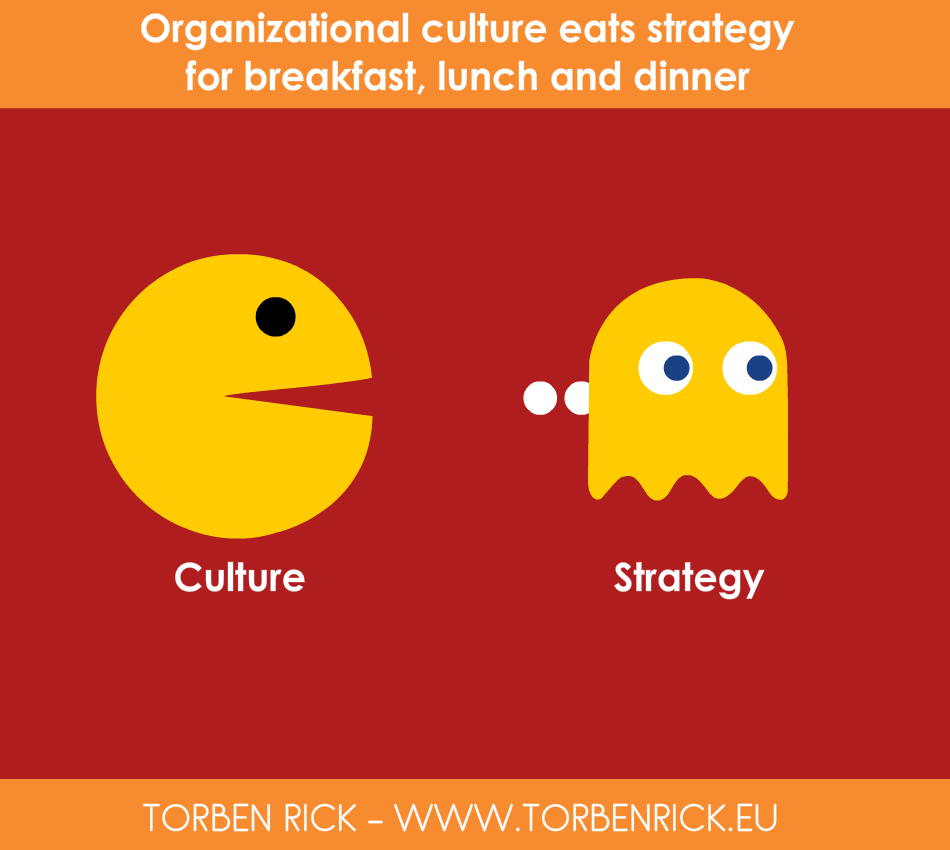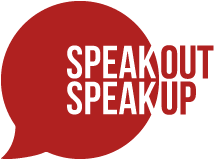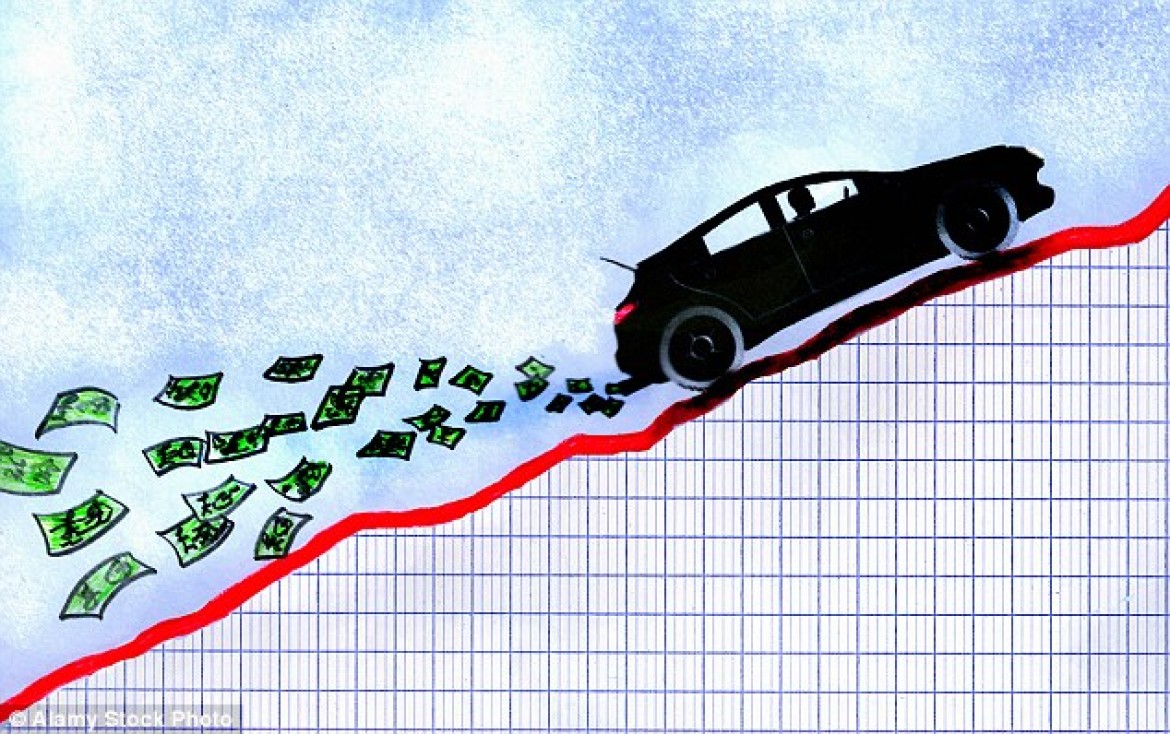A hand shot up from the lecture hall. ‘I don’t understand’, a young Economics undergraduate said, looking perplexed, ‘surely a company’s executives would want to know about unethical practices in the organisation?’
I was lecturing on Corporate Governance at Warwick Business School and had just introduced the topic of Whistleblowing and Speaking Out to the students. Taking my time in responding and conscious of holding the tension between what is currently the dominating response to whistleblowers and what it needs to be, I balanced my answer by challenging them with a set of questions.
Utilising the Volkswagen case as an example, we debated and explored why no one had challenged the cheating devices in such a large, multinational corporation. There was no doubt that Volkswagen would have extensive policies and procedures in place for anti-corruption, bribery and whistleblowing. Yet the deception still occurred, only being discovered by accident, when researchers at West Virginia University were testing fuel efficiency under on-the-road driving conditions. It was the researchers who passed on their discovery to the regulators.
I focused upon how employees at Volkswagen might have experienced the context, the culture and systems at Volkswagen. Perhaps this would shed some light on why there were no whistleblowers prior to detection.

Setting the scene, I reminded the students that VW bristled with unbridled confidence in its technological prowess. They are headed up by larger-than-life CEOs, who have been driving the organisation to become the largest company in their industrial sector. With a workforce of 593,000 employees, the company had exhibited the kind of pride that often comes before a fall. A 2014 Television advert suggests this self-conscious righteousness. Hubris has given wings to what can only be described as a regulatory heist.
As a VW employee, would you be willing to be the pin to their collective balloon of dreams and aspirations?
Scrutinising Volkswagens’ complicated and questionably governed company gave the students an insight into the conflicts of interest of some board members. There were incestuous relationships with the vast majority of board members being insiders having close ties to existing interest groups.
As a VW employee, would you be able to trust all board members to listen in order to act on your disclosure?
As an employee, you would have knowledge of previous scandals such as their rigging of the test for auto emissions a few years earlier where the penalty was only a mild slap on the wrist. As a loyal, long term employee, you also know about Volkswagen installing a ‘defeat device’ back in 1973, incurring a civil penalty of $120 000.00.
What kind of message do you get with this historic oversight of misconduct and moreso, outcomes? Will your disclosure attract stronger penalties?
My next challenge was to get the students to consider whether the attempts of VW executives to throw various senior engineers under the proverbial bus was a new behaviour or something they were practiced and well versed in. Was this action a way to deflect closer scrutiny of its marketing, financial, and sales executives?
Does knowing that blowing the whistle might result in you being thrown under the bus help or hinder your ability to speak out?
Besides, I suggested, pushing the boundaries, historic cheating, bending the rules had been normalised as business as usual at Volkswagen. The labelling of misconduct was ambiguous. The slippery slope of moral elasticity and ambiguity of wrongdoing had resulted in a corrupt system, enticing and allowing corrupt behaviours.
Do you have the self-efficacy to speak through the developed mind-set of moral elasticity, normalised as business as usual?
In closing my lecture, I suggested that the current narrative of ‘if you see something, say something’ is hopeful at best. We all want to believe we will and can speak out on observing misconduct. We want to believe our message will be received and acted upon. We want to believe in a fair and just world. Whilst whistleblowing presents the best and sometimes only solution to many cases of organisational wrongdoing we need to better understand the conditions that encourage and discourage it in order for it to be a robust avenue to mitigate corruption.


